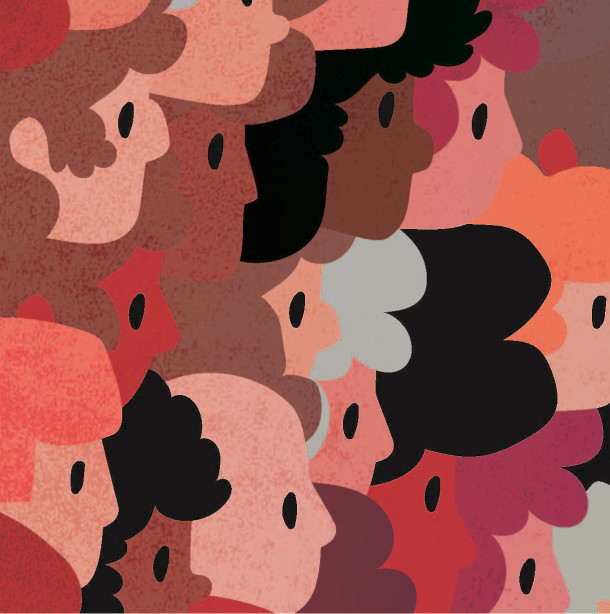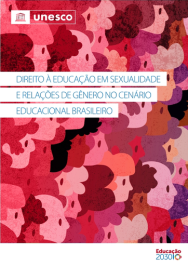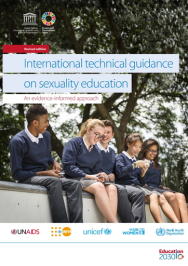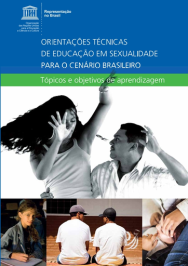News
UNESCO in Brazil promotes the right to sex education and gender relations to celebrate International Women's Day

To celebrate International Women's Day, UNESCO Brasilia, in cooperation with the Joint United Nations Programme on HIV/AIDS (UNAIDS), the United Nations Entity for Gender Equality and the Empowerment of Women (UN Women), and the United Nations Population Fund (UNPF), launches a document published only in Portuguese on the right to education in sexuality and gender relations in the Brazilian educational scenario, entitled Direito à educação em sexualidade e relações de gênero no cenário brasileiro.
This document presents the international and Brazilian normative guidelines and foundations for developing educational plans to promote the human rights of children and adolescents.
Based on the evidences, UNESCO and its partners can affirm that integral sex education (ISE) promoted in formal and non-formal contexts constitutes an essential component of good quality education to build a more just, egalitarian, and socially inclusive world in which inequalities are largely overcome.
Thus, considering that sex education contributes decisively to the prevention of sexual violence perpetrated against children and adolescents, exposure to sexually transmitted infections (STIs), bullying in schools and early pregnancies among girls, UNESCO proposes, from the such document, to collaborate with the achievement of a development and equity agenda to leave no one behind.
This document is based on the International technical guidance on sexuality education, published by UNESCO in 2009, to establish the main concepts to be addressed in schools to support children and young people in developing knowledge, skills, ethical values and attitudes. The elaboration of these guidelines was based on evidence and the participation of different sectors of society. It intends to impact the young people's decisions so that they are taken in a conscious, healthy, and respectful way concerning their relationships, the relationship with their bodies and the construction of their life projects.
In this sense, this publication describes the international treaties and conventions and the Brazilian legislation relevant to each of the key concepts for sexuality education, namely:
- Education
- Culture, society, and human rights
- Values, attitudes, and skills
- Relationships
- Human development
- Sexual behaviour
- Sexual and reproductive health
In summary, this publication intends to
- subsidize the structure, implementation and evaluation of public educational policies
- contribute to the training of teachers through access to knowledge about the guidelines and normative foundations that deal with sex education
- systematize the norms on ISE and increase legal certainty in activities related to the theme.
Besides, it intends to be an instrument for consultation that is widely accessible to public managers; teachers; researchers; members of public policy councils and others interested in preventing and confronting all forms of violations of the human rights of children and adolescents.
As a governance instrument, it implements UNESCO's efforts to expand opportunities to promote inclusive education according to the needs experienced at the local level, seeking to integrate various social actors to guarantee the well-being of Brazilian youth and to build a project for a fairer and more democratic future.
Learn more:
Read more








